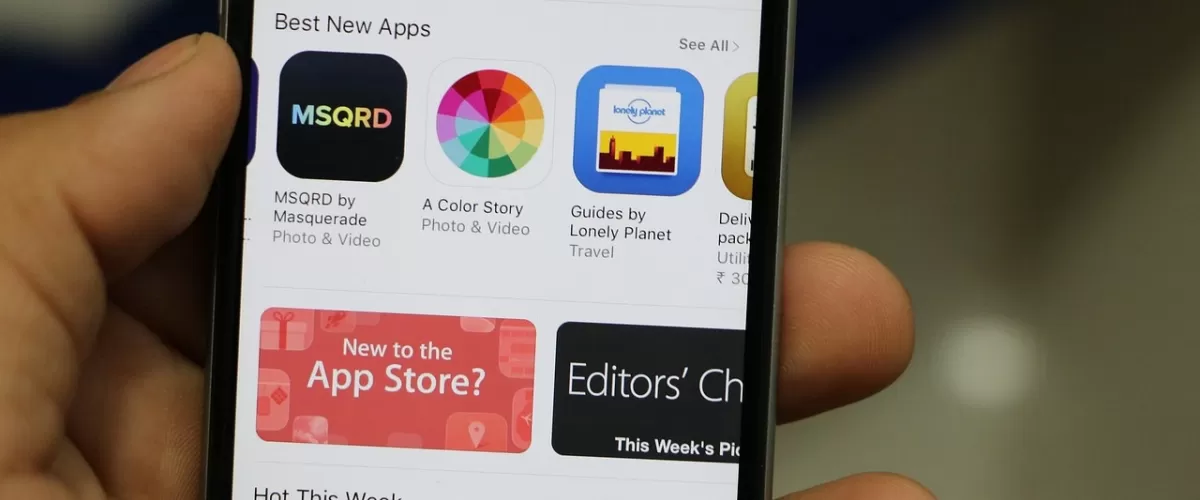
Apple's decision to comply with the EU's Digital Markets Act (DMA) is creating ripples as the move signals a departure from Apple's usual closed system and opens up support for third-party app markets and sideloading.
So, what does this means for your business and what are the potential opportunities and challenges that lie ahead?
Does it apply to UK businesses?
First things first, will this affect UK businesses?
Even though the UK is no longer part of the EU, Apple's compliance with the Digital Markets Act is likely to impact UK businesses as well. Apple is a global company, and changes in its policies are often implemented universally, transcending regional boundaries. This means that the support for third-party app markets and sideloading will likely be extended to Apple users in the UK.
Pros for UK businesses:
1. Diverse app choices:
You will be able to benefit from a more extensive range of apps available through third-party markets, potentially finding new tools and solutions that were not accessible within the Apple App Store.
2. Reduced dependency:
With the ability to sideload apps, you can reduce your reliance on the App Store, giving you more control over how you source and distribute applications.
Cons for UK businesses:
1. Security concerns:
The introduction of third-party app markets and sideloading raises concerns about the security of apps. So, you will need to be vigilant and ensure that apps sourced from external markets, that may not uphold the security and integrity of Apple’s App Store, meet necessary security standards to protect your data and devices.
2. Compatibility issues:
Apps obtained from third-party sources might not be as rigorously tested for compatibility with Apple devices. So, you may encounter challenges in ensuring smooth integration and functionality across your devices.
Security implications and challenges:
1. Potential for malicious apps:
Sideloading apps from external sources may expose your business to the risk of downloading malicious software. So, you must implement robust cybersecurity measures to protect sensitive information and prevent security breaches.
2. Data privacy:
You will need to be cautious about the privacy implications of third-party apps. Ensuring that external apps adhere to data protection regulations is crucial to safeguarding your information.
3. Impact on control
Initially it may impact how IT managed services can control and restrict which apps are allowed on devices. Currently this is controlled via the device manufacturers’ stores and controls implemented via tight integration. This will get more tricky to manage with a multitude of stores and may see businesses try and restrict this further via Mobile Device Management options.
Can your IT support company manage app access?
Yes, IT support companies can play a pivotal role in managing app access using Mobile Device Management (MDM) solutions. MDM allows IT support teams to exert control over the apps installed on your end-user devices. Our recommended MDM solution is Microsoft Intune.
READ MORE – THE IMPORTANCE OF MDM
READ MORE – HOW WE IMPLEMENT MICROSOFT INTUNE
And Apple has confirmed that you can use MDM to prevent the third-party app store, as per the Apple Developer Documentation featured below.

This becomes especially crucial with the introduction of sideloading, as it enables support companies to maintain a secure and well-managed app ecosystem.
Apple's move to support third-party app markets and sideloading brings both exciting opportunities and potential challenges. The increased app choices and reduced dependency on the App Store offer flexibility, but you must navigate security concerns and compatibility issues carefully with the help of your IT support company or resource.
